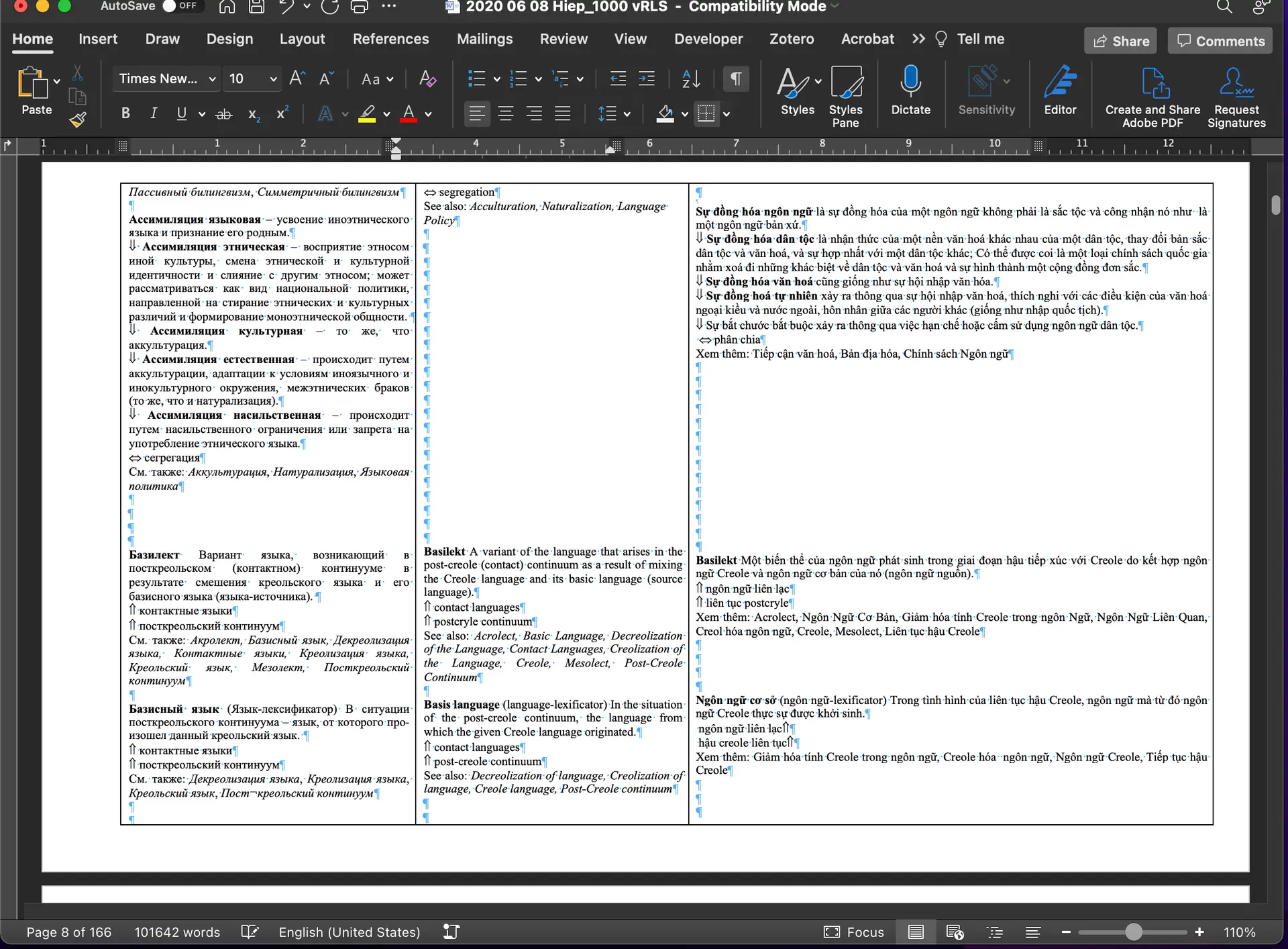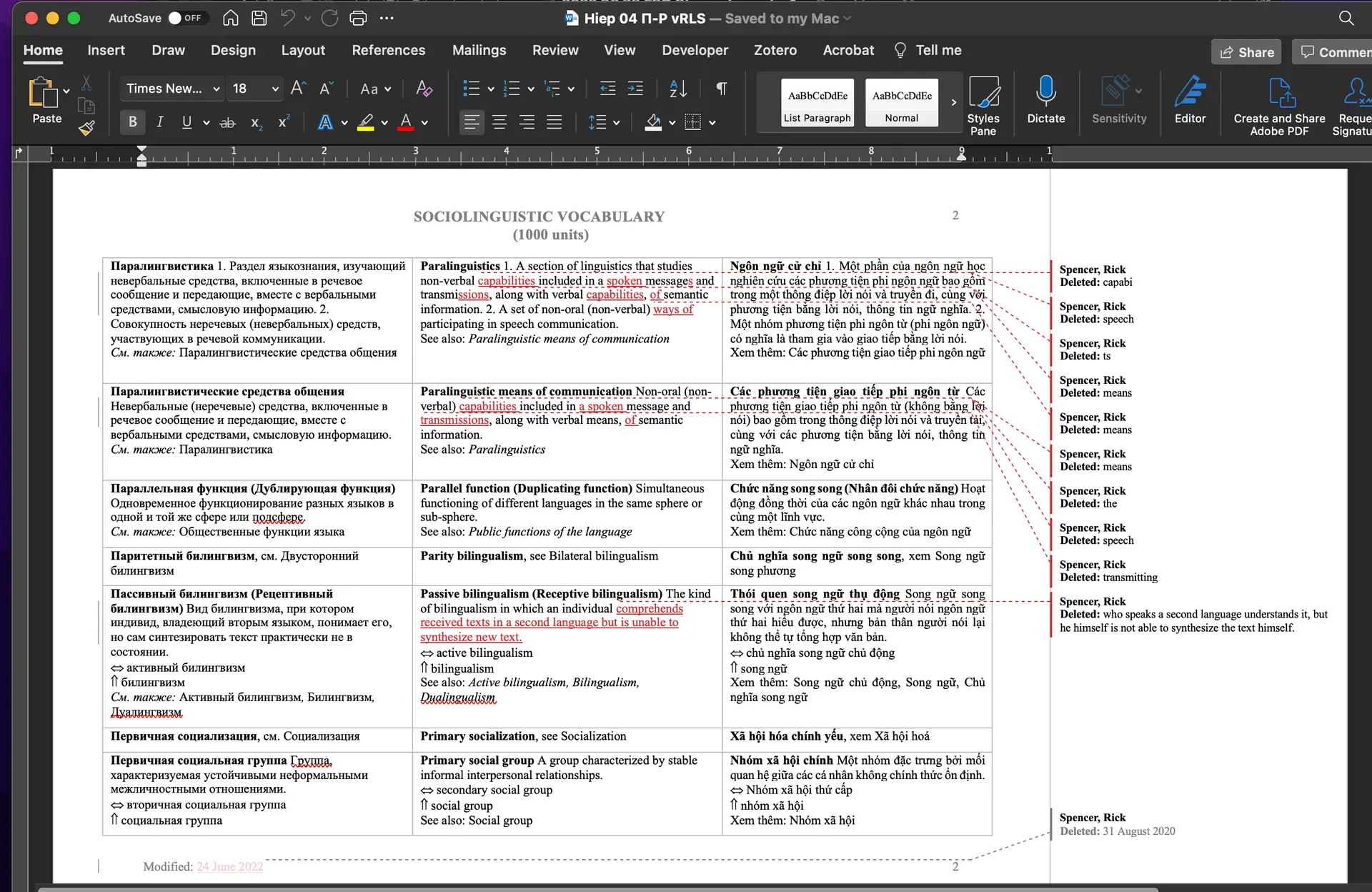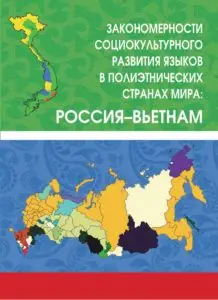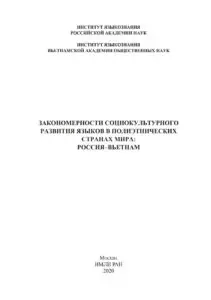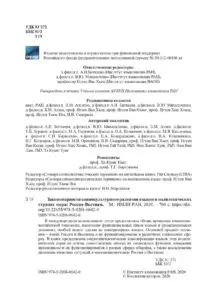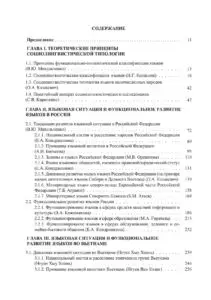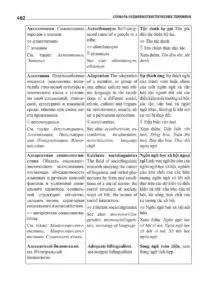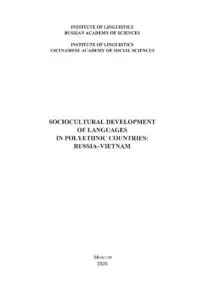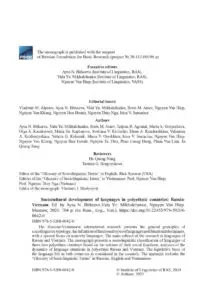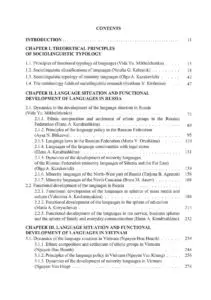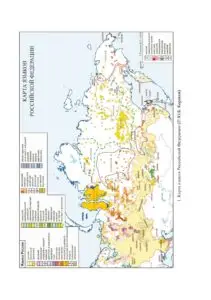The editing work that I did for Dr. Rouhier-Willoughby occasionally led to other opportunities to work with members of the Slavic academic community. In 2019, I helped American Friends of Russian Folklore (now callec “Partnership for Russian, East European, and Eurasian Folklore” sort through and post some photos to Facebook. On another occasion I helped her catalog 322 academic folklorists, their appointments, and their institutions working in North America.
Beyond Folklorica and the Holy Springs research in 2015, one of my most rewarding opportunties was aworking with Dr. Aisa Bitkeeva, a sociolinguist and “Leading Researcher, Research Center on Ethnic and Language Relations” at the Institute of Linguistics, Russian Academy of Sciences. Initially she asked me to read and edit some English journal articles for Sociolinguistica, but I’m not sure they were used, and we pivoted pretty quickly to a much different piece of work.
Her center was working on a monograph that would include a tri-lingual glossary of approximately one thousand sociological terms. The 1000 word collection was presented to me in a single MS Word file weighing in at 1.8 MB. It contained a three-column table that stretched across 167 pages. The table had three cells. All of the Russian words in the left most cell, separated by paragraph breaks, the English in the middle with more or fewer paragraph breaks so that the terms would line up visually, and a column/cell in Vietnamese balanced the same way. It was quickly clear that working with this formatting was untenable.
There really is no need to have all of the content open at once. A number of problems emerge quickly if you’re not careful. I wouldn’t be comparing anything from page 33 to page 133 often enough to warrant having it all available simultaneously. Save some RAM and split up the doc. Word makes it entirely too easy to turn little mistakes into great big ones, so again: smaller portions, safer work. Using paragraph breaks to create alignment chains all the alignment together, meaning that a change in the number of lines shifts the alignment all the way down. All 999 lines would be off, and even you read Russian perfectly, you’re going to end up with a real mess sooner than later. So the first thing I did was broke the document up into three documents based roughly on the alphabet. I created new tables for each letter of the alphabet, and as I went along I put each term into its own cell. Four years of working with formatting large documents for Folklorica had taught me the value of making sure you had a clean, organized and efficient workspace especially if the task was repetitive and detailed. I cleaned up the document enough to be able to actually get started editing the words, and then would clean up these excessive paragraph breaks somewhat programmatically as I went along, (find and replace is your friend). At the time of deadline, I submitted a 211 page document that was only 662KB despite adding tables, headers and a table of contents (TOC). This was not before spending time on every word.
My task was only to focus on editing the English for readability; the Russian and Vietnamese words remained untouched. Still, a 1000 entry gloassary was no breeze. I probably spent between 10-20 hours each week making edits herea nd there to improve the translated English. At first, I poured too deeply over every translation. I wrote to Dr. Bitkeeva about a problematic term “lexificator” which doesn’t really appear in standard English nor in other sociological dictionaries that I consulted. I even reached out to a linguist at my university to get a second opinion. I’m not a linguist and so getting up to speed to try and ensure that other Western linguists would find the glossary credible wasn’t something I could do quickly. After some consultation with the client we decided to simply let this point alone and focus on simply making the phrasing, as translated as comprehensible as possible, and letting the linguists sort out the rest out themselves. After letting go of this friction, my pace picked up, to the point where they had what they needed by fall of 2020.
The monograph was published a few months later by the Russian Academy of Sciences and my name appears next to “English Language Editor” or Редактор «Словаря социолингвистических терминов» на английском языке” in the front matter.
I am extremely proud of this work and would love to do it again.
